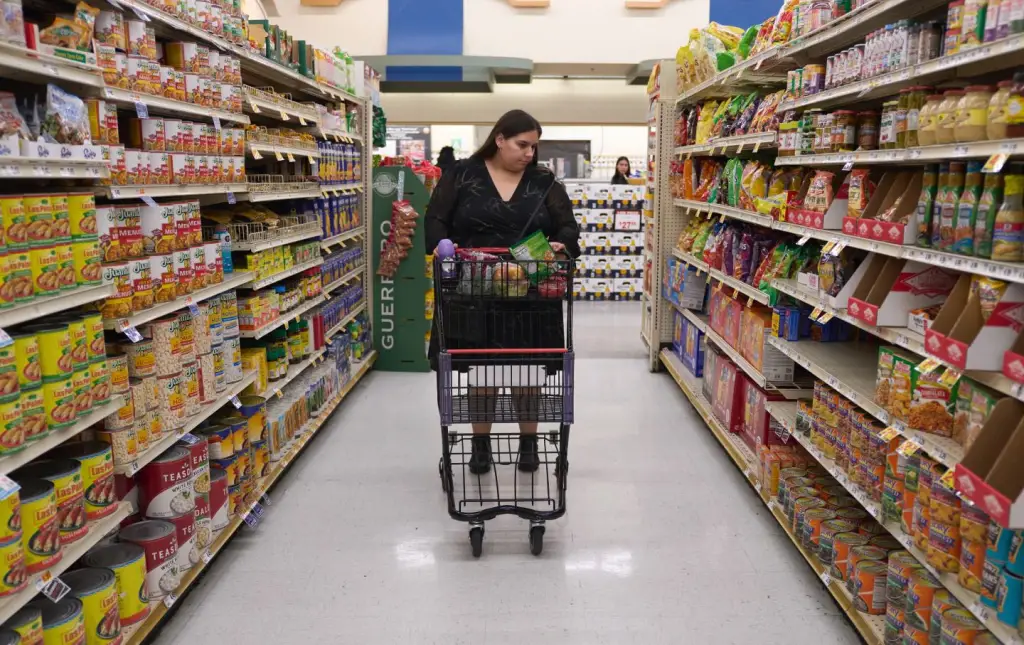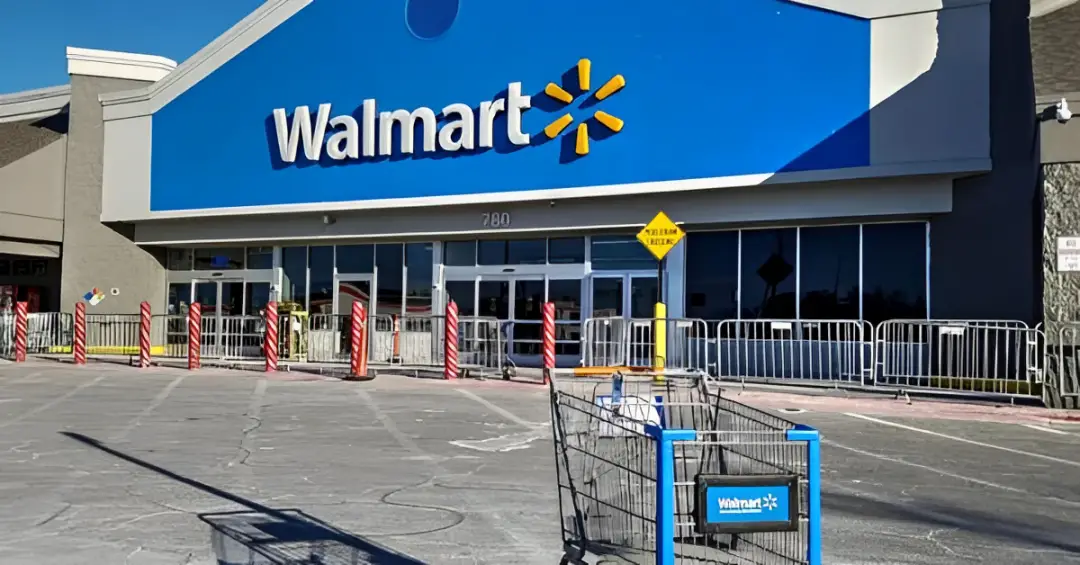The Supplemental Nutrition Assistance Program (SNAP), commonly known as food stamps, has long served as a lifeline for millions of Americans struggling to afford nutritious food. However, recent proposals to modify the program could significantly impact over 11 million individuals who rely on it for their daily sustenance.
According to a new report, these changes could potentially make it harder for many low-income households to access the support they need. In this article, we will break down the proposed changes, their potential effects, and what they mean for the future of food assistance in the United States.
What is SNAP?
SNAP is the U.S. government’s primary food assistance program, designed to help low-income individuals and families purchase food. The program provides electronic benefit transfer (EBT) cards, which work like debit cards, allowing recipients to buy groceries at participating stores. SNAP is one of the most effective anti-poverty programs in the U.S., helping millions of people afford basic nutrition.
Currently, more than 40 million Americans rely on SNAP, with the program benefiting a wide range of individuals, including children, seniors, and people with disabilities. The benefits are calculated based on household size, income, and expenses, ensuring that those with the greatest needs receive the most assistance.
Proposed Changes to SNAP
The Biden administration has introduced a series of proposed changes to SNAP that could dramatically alter how the program operates. One of the most controversial aspects of these proposed changes is the tightening of eligibility requirements. A recent report from the Center on Budget and Policy Priorities (CBPP) warns that these changes could cause over 11 million Americans to lose their SNAP benefits.
Some of the key proposed changes include:
- Work Requirements for Able-Bodied Adults Without Dependents (ABAWDs):
Under current law, able-bodied adults without dependents (ABAWDs) are limited to three months of SNAP benefits within a three-year period unless they meet certain work requirements. The proposed changes would strengthen these requirements, making it more difficult for individuals to maintain eligibility for food assistance. - Reduction in Benefit Amounts:
Another proposed change would reduce the amount of benefits available to recipients, especially those living in high-cost areas. The reduction could mean that households will no longer be able to afford the same amount of groceries they once could, leading to higher levels of food insecurity. - Eligibility for Low-Income Seniors:
For seniors who live on a fixed income, the proposed changes could tighten eligibility criteria, making it harder for them to qualify for SNAP. Seniors are already at higher risk of food insecurity, and these proposed changes could push many of them into even more difficult financial situations. - Work Requirement Exemptions:
The proposed changes also seek to limit the exemptions to the work requirement. While currently, many states allow exemptions for individuals with certain conditions (like caring for children or elderly family members), the new rules would narrow the criteria for these exemptions. This means that even more individuals would be required to work in order to maintain their benefits. - State Flexibility:
The proposals would also give states more flexibility in administering the program, including setting their own eligibility requirements and work requirement standards. While some argue this would allow states to tailor the program to their unique needs, others worry it could lead to inconsistent access to benefits, with some states imposing stricter requirements than others.
Impact on Low-Income Americans
The proposed changes to SNAP could have a profound impact on low-income Americans who rely on the program to feed themselves and their families. The most immediate effect would be a reduction in the number of people eligible for benefits. According to the CBPP, the changes could result in 11 million Americans losing access to food assistance, with the most vulnerable populations—children, seniors, and people with disabilities—being hit the hardest.

For many people, SNAP benefits are a critical source of nutrition. Losing access to these benefits could push many families into food insecurity, forcing them to make difficult decisions about where to allocate their limited resources. Without adequate food assistance, these individuals could face worse health outcomes, including higher rates of malnutrition, chronic diseases, and mental health issues.
Opposition to the Changes
There has been significant pushback against the proposed changes to SNAP. Advocates for low-income individuals and families argue that the changes would exacerbate poverty and hunger in the U.S., particularly during a time when many Americans are still recovering from the economic fallout of the COVID-19 pandemic.
Organizations such as Feeding America and the Food Research and Action Center (FRAC) have voiced strong opposition to the proposed cuts, arguing that they would harm millions of vulnerable people. In a statement, Feeding America noted, “SNAP is a vital program that helps families put food on the table. Any reduction in benefits or tightening of eligibility will only make it harder for people to meet their basic needs.”
Additionally, critics of the proposed changes point out that food insecurity is already a pressing issue in the U.S., with millions of people struggling to afford enough food. Rather than cutting benefits, they argue, the government should focus on strengthening food assistance programs and increasing funding for nutrition initiatives.
Possible Consequences for State and Local Governments
The proposed changes to SNAP could also place additional strain on state and local governments. If millions of Americans lose access to food assistance, there may be an increase in demand for other forms of public assistance, such as emergency food programs, housing support, and healthcare. This could lead to greater burdens on state budgets and local communities, which may struggle to provide for those in need.
Furthermore, the increased financial strain on low-income households could lead to higher levels of debt, increased reliance on payday loans, and a greater likelihood of individuals and families falling into long-term poverty. The long-term economic costs of these changes could outweigh any short-term savings generated by cutting SNAP benefits.
What Can Be Done?
As the debate over SNAP continues, advocates for low-income Americans are calling on lawmakers to reject the proposed changes and protect the integrity of the program. They argue that rather than cutting benefits, the government should focus on expanding access to food assistance and addressing the root causes of poverty and food insecurity.
Some suggestions include increasing the federal minimum wage, expanding access to affordable housing, and investing in job training and education programs that can help individuals move out of poverty. By addressing these underlying issues, policymakers can create a more sustainable solution to food insecurity in the U.S.
Conclusion
The proposed changes to SNAP have the potential to harm millions of low-income Americans who rely on the program to meet their basic nutritional needs. While the government argues that these changes are necessary to reduce the cost of the program, advocates warn that they will lead to higher levels of hunger and poverty.
As lawmakers continue to debate the future of SNAP, it is important to consider the long-term impact of these changes and to prioritize the needs of vulnerable populations. Ultimately, ensuring that all Americans have access to sufficient, nutritious food should remain a top priority for policymakers.




